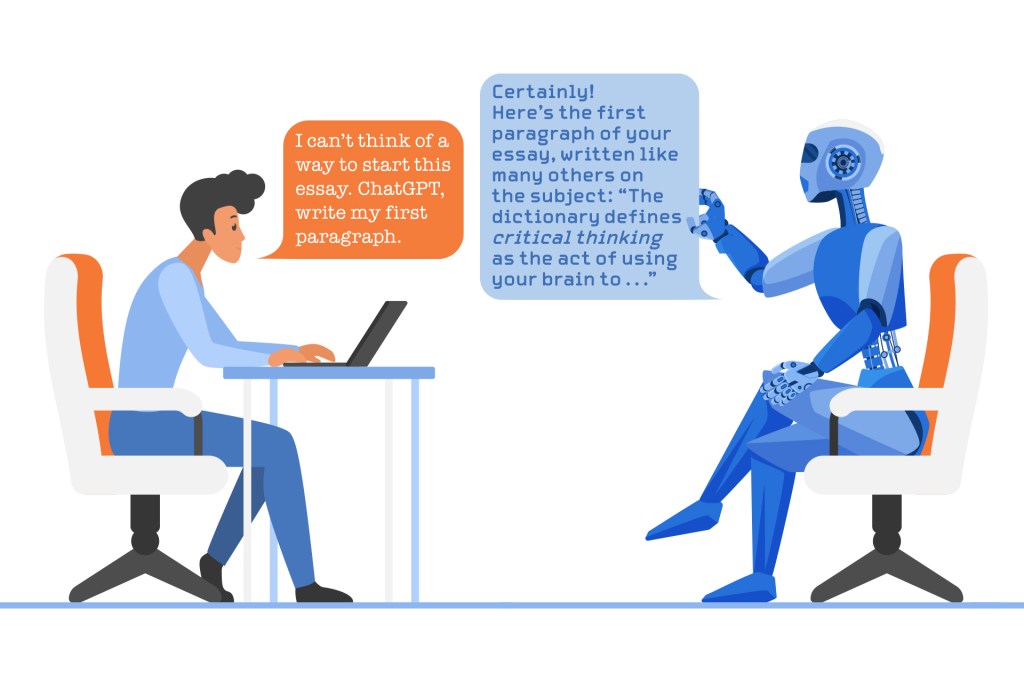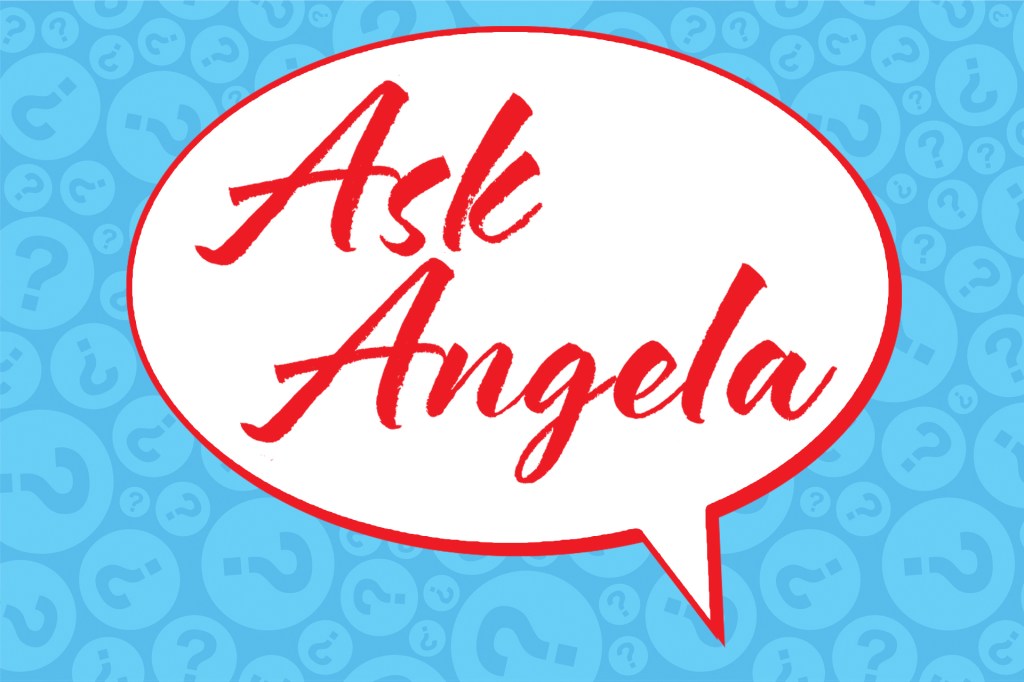A Fair Internet?

In 2015, the Federal Communications Commission (FCC) voted to put rules in place that would give people equal access to the Internet. The rules were designed to ensure net neutrality
neutrality
 YOGYSIC/DIGITALVISION VECTORS
the state of not supporting either side
(noun)
He practiced neutrality when discussing whether Batman or Superman is the greatest superhero.
.
YOGYSIC/DIGITALVISION VECTORS
the state of not supporting either side
(noun)
He practiced neutrality when discussing whether Batman or Superman is the greatest superhero.
.
Under current FCC guidelines, Internet service providers are not allowed to block access to sites. They cannot slow online traffic. FCC rules also say providers cannot charge customers more for high-speed access.
On November 21, the FCC announced that it wants to end net neutrality. The FCC oversees communication by radio, television, cable, and the Internet. Ajit Pai is FCC chairman. Pai wants to allow companies to charge less for slower Internet. He would let them charge more for faster service. Pai says this will give consumers
consumer
 THANASIS ZOVOILIS/MOMENT
someone who purchases goods or services
(noun)
As consumers, we have many options of where to buy our groceries.
more choices. “Under my proposal, the federal government will stop micromanaging
micromanage
THANASIS ZOVOILIS/MOMENT
someone who purchases goods or services
(noun)
As consumers, we have many options of where to buy our groceries.
more choices. “Under my proposal, the federal government will stop micromanaging
micromanage
 PEOPLEIMAGES
to try to control every part of a process
(verb)
His boss micromanaged Jim's work.
the Internet,” he says.
PEOPLEIMAGES
to try to control every part of a process
(verb)
His boss micromanaged Jim's work.
the Internet,” he says.
Many dislike Pai’s plan. They say it gives Internet service providers too much control. Internet service providers include AT&T and Verizon. Some people think the plan might favor one company over another. Imagine that your Internet provider slows your Netflix connection because another video-streaming company is paying it to do so. Pai’s plan “would leave consumers and competition completely unprotected,” says Gigi Sohn. She is a former FCC adviser.
FCC leaders are scheduled to meet for a vote on December 14.













